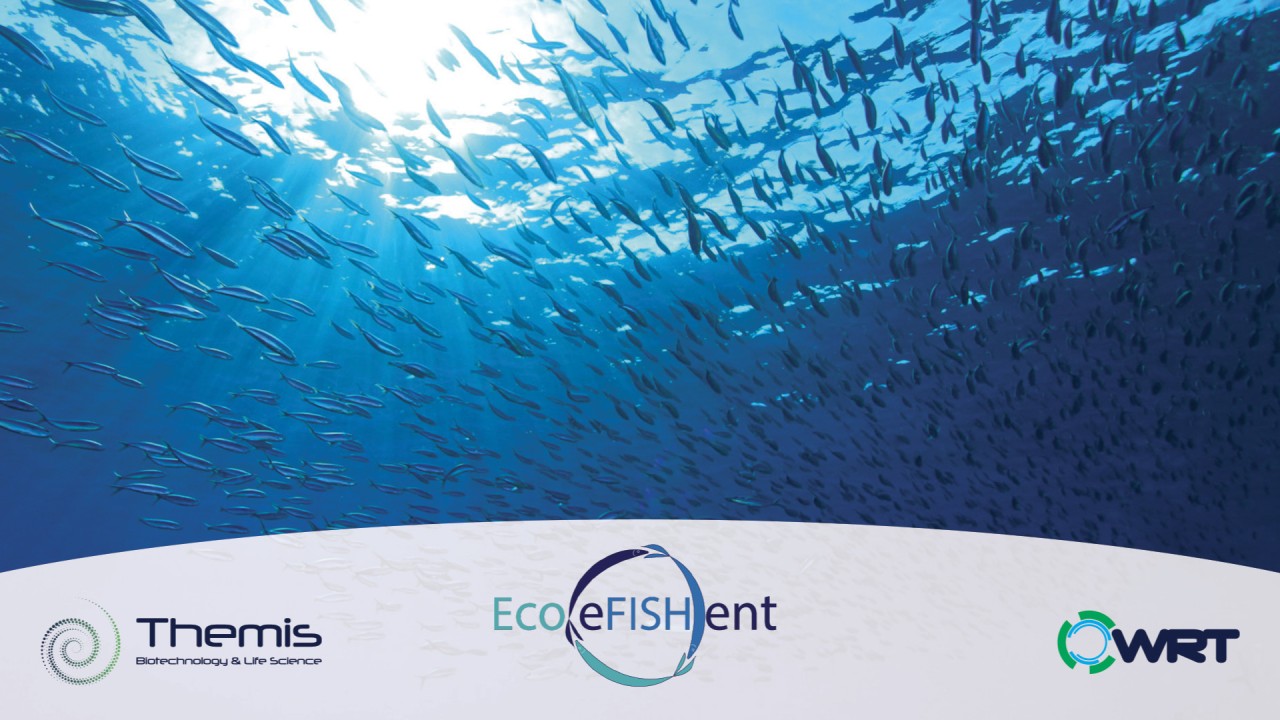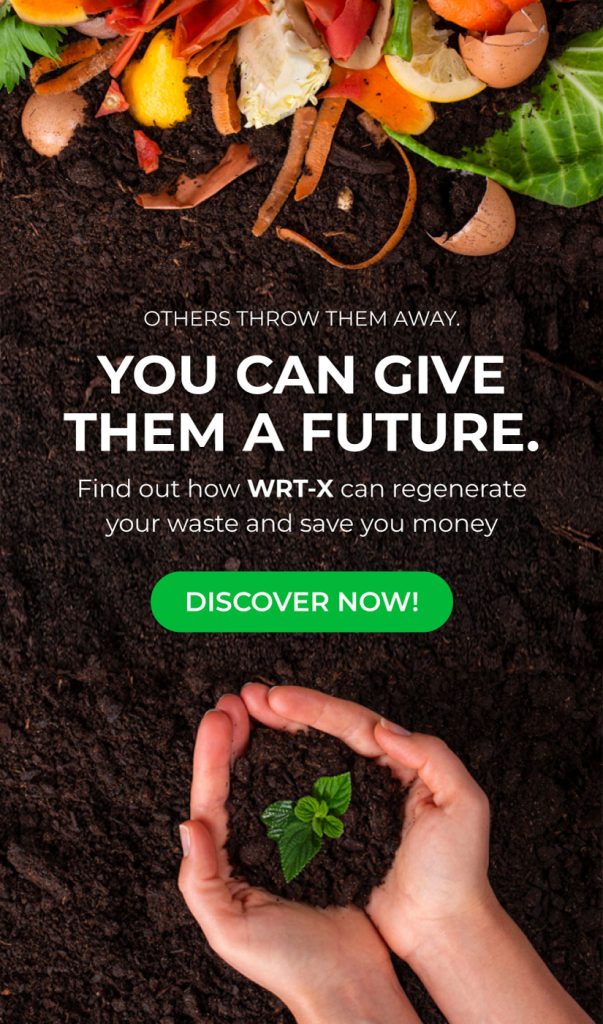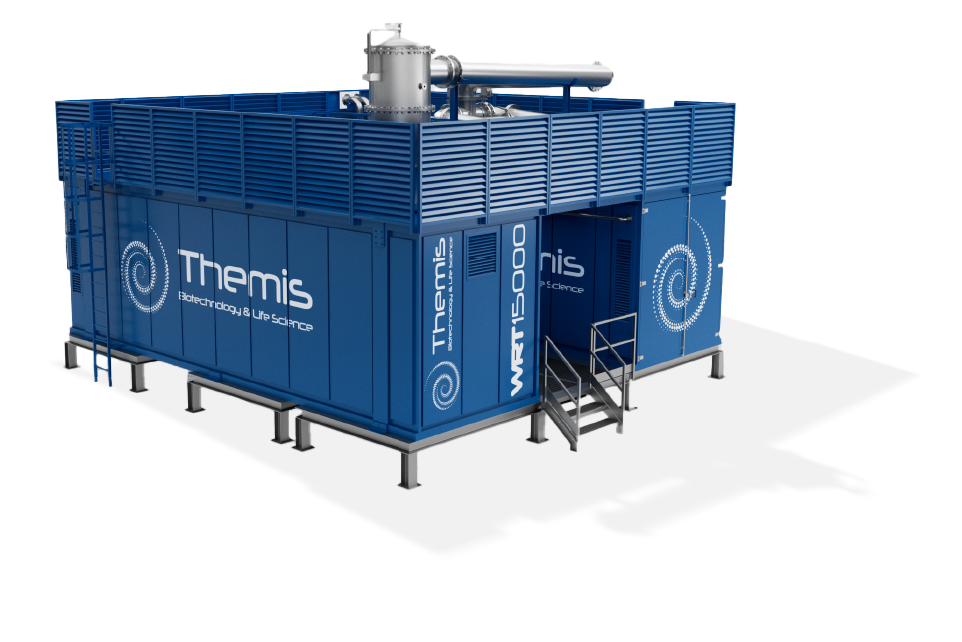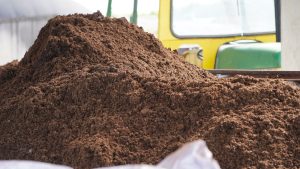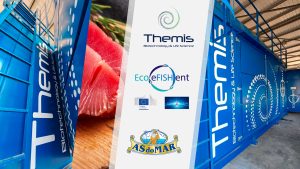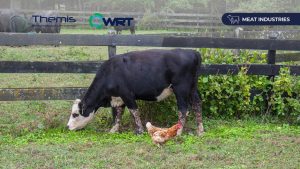The fishing industry stands at a crossroads, facing the dual challenge of meeting global food demand while ensuring the sustainability of marine ecosystems. In response to this challenge, the EU-funded project EcoeFISHent under the Horizon 2020 program emerges as a beacon of innovation and sustainability.
A Circular Economy Approach
The primary goal of EcoeFISHent is to establish a sustainable circular economy within the fishing industry. This initiative focuses on valorizing waste streams generated during fish processing, aligning with the principles of the blue economy, which promotes the responsible use of marine resources. By reducing environmental impact and promoting innovative practices, EcoeFISHent aims to redefine how we perceive and utilize fish by-products.
Transforming Waste into Value
EcoeFISHent aims to develop six circular value chains connecting diverse sectors such as nutrition, cosmetics, packaging, and agriculture. For instance, fish processing waste—representing 60-70% of the total processed fish—includes materials like skin, bones, and entrails. These by-products will be transformed into high-value products, such as collagen, omega-3 supplements, biodegradable packaging, and fertilizers.
Additionally, bioactive compounds extracted from fish waste are intended for use in various sectors, ranging from nutraceuticals to biofuels and cosmetics. This holistic approach not only reduces waste but also creates valuable resources, thereby enhancing the overall sustainability of the fishing industry.
EcoeFISHent’s vision goes beyond waste reduction; it seeks to reconcile industrial activities with marine ecosystem conservation. By promoting sustainable practices, the project aligns with broader environmental sustainability and economic development goals for the fishing sector.
Strategic Collaboration
Led by FILSE S.p.A. of Genoa, EcoeFISHent brings together 34 partners from various countries, creating a replicable and scalable model that can be adopted in other regions. The project’s collaborative framework is essential for sharing knowledge, resources, and best practices, ultimately driving the transition toward a more sustainable fishing industry.
The Role of Themis
Themis plays a key role in the EcoeFISHent project, contributing its extensive expertise in the valorization of industrial by-products. Founded on decades of experience in process engineering and industrial plant design, Themis specializes in developing and constructing highly innovative machines and processing plants specifically designed for waste reduction and valorization, all in line with circular economy principles.
Technological Innovation
Themis contributes to EcoeFISHent by implementing its cutting-edge Waste Recycling Technology (WRT), which transforms fish processing “waste” into valuable resources, enabling the production of Eco-FISH-powder. This bioactive product, rich in nutrients and applicable across various sectors, represents a significant step toward greater environmental sustainability.
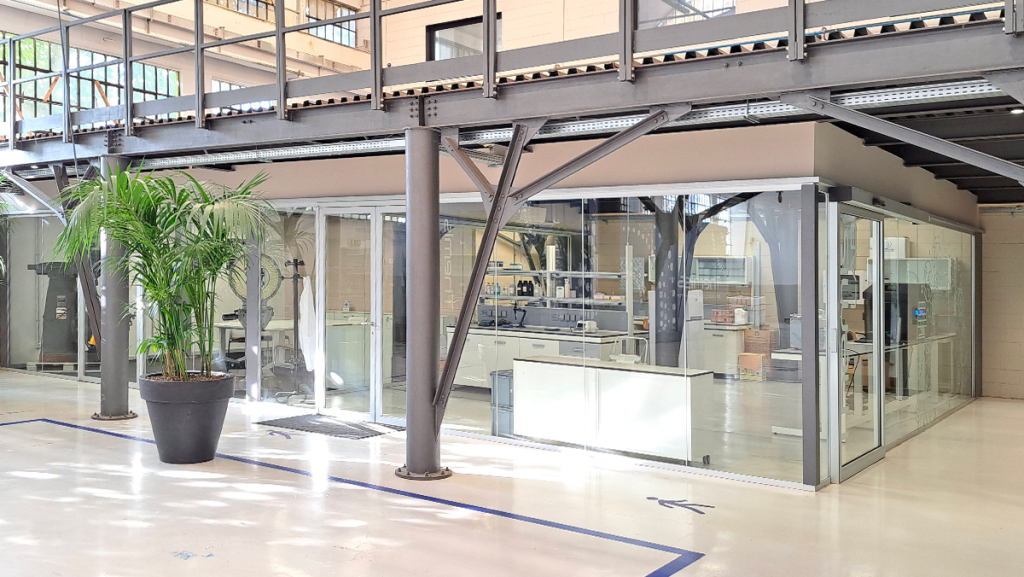
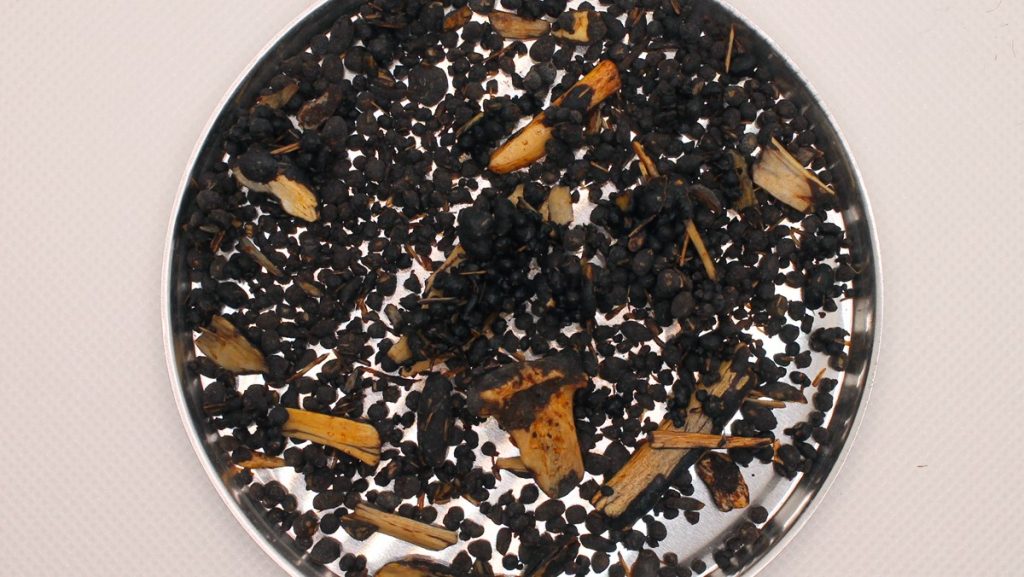
Tailored solution
In addition to providing technology, Themis offers customized solutions for recovering valuable substances from industrial wastewater and by-products. The ability to design and build bespoke plants allows the company to meet the specific needs of the fishing sector, optimizing processes and improving efficiency. The goal is always to maximize the value of treated materials with a minimal carbon footprint, enabling the reuse of raw materials and reducing environmental impact.
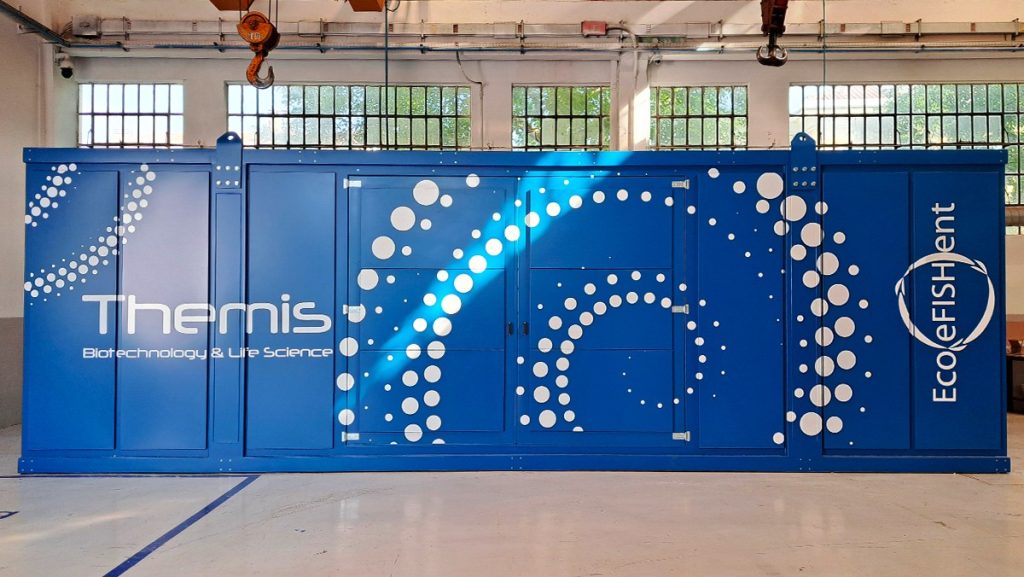
Themis’ role in the EcoeFISHent project is a prime example of how technological innovation and sustainability can advance together, creating a new standard in the fishing industry. Through its WRT technology, Themis not only transforms fish processing waste into Eco-FISH-powder but also redefines the very concept of value within the industry.
With its forward-thinking vision, Themis is effectively addressing current challenges and making a critical contribution to a circular economy where waste becomes a valuable resource.

